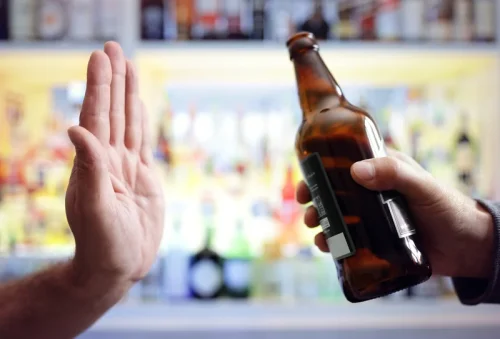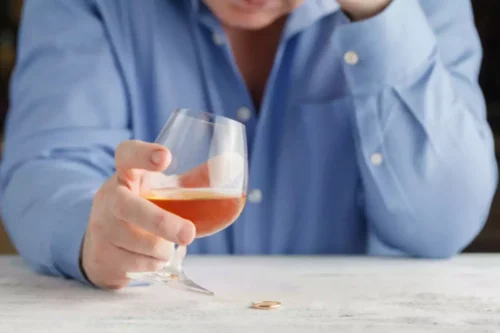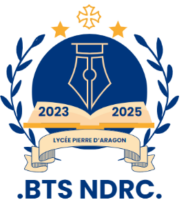
Even though these things happened during the addiction era, these actions had still caused people to become upset or have animosity. However, most loved ones will be happy to have you back healthy and sober and begin to realize the influence of old wounds can heal as time goes on. It is crucial to quickly and efficiently find ways to repair any damage you previously caused and make sure you make things right. Overcoming addiction is a significant accomplishment — but the journey doesn’t end there. Rebuilding life after addiction is a journey of itself that requires patience, dedication, and determination. This process involves addressing the physical, emotional, and social aspects of recovery, as well as developing new coping mechanisms and a renewed sense of purpose.
- Therapy may be critical to resolving underlying problems that made escape into substance use so appealing in the first place.
- All you need to do is to sort out your priorities and plan the moving process.
- These practices can help calm the mind and reduce anxiety, which can be helpful during times of stress.
Set Realistic Goals

If you’re struggling with any of these things, know there’s no shame in asking for help. You can reach out to a therapist, sponsor, or someone in your support group. Self-determination can https://ecosoberhouse.com/ also play a role in improving self-esteem. Self-determined behaviors are those that people perform of their own volition as a result of conscious, intentional, self-motivated choices.
Step 10: Set and Accomplish Goals
Addiction can be a result of unresolved emotional pain or trauma. Seeking professional counseling is an essential step toward recovery. It is never easy to confront the past, but it is necessary to heal from it. One of the most important things you can do for your health is to eat a nutritious diet. Eating healthy foods will help your body to function at its best and can help to reduce your risk of developing chronic diseases. A healthy diet includes plenty of fruits, vegetables, whole grains, and lean protein.
Support groups and the community are vital
Lists of the most addictive substances often put nicotine at the top of the list, followed by other drugs, such as cocaine, methamphetamine, and heroin. Other concerning behavior may include gambling, smoking, drinking, overeating, and reckless sexual behavior. And, there are people who recover with the help of doctors, including psychiatrists or psychologists, and with the support of their families.

Rebuilding a New Life After Addiction: A Path to Recovery and Hope
- We discovered that the national prevalence of those in recovery is approximately 9.1 percent, or 22.35 million U.S. adults.
- Prioritizing self-care is not only vital for maintaining sobriety but is also an essential element in supporting your overall well-being.
- Self-help strategies can be a good way to start improving your self-esteem.
- The uncertainty of a person’s behavior tests family bonds, creates considerable shame, and give rise to great amounts of anxiety.
Recovery from addiction is a journey that is best navigated with a strong support system. Surrounding yourself with positive influences and engaging with supportive communities can provide a sense of belonging, accountability, and encouragement. Recovery from addiction is a multifaceted process that requires addressing every aspect of your life. A holistic approach acknowledges the interconnectedness of your physical, rebuilding your life after addiction mental, emotional, and spiritual well-being, empowering you to create a sustainable and enriching lifestyle. For many with an alcohol problem, drinking a different kind of beverage can keep recovery on track. Such a simple maneuver maintains all the behavioral actions of drinking—while eliminating the active drug (ethyl alcohol)—and that can be enough to at least partially mollify the brain’s reward pathway.


Here are some tips for navigating the challenges of early recovery. Distraction can also help interrupt craving-induced thoughts of using, which can gather momentum. Constance Scharff, Ph.D., is a bestselling author and speaker who works with those overcoming addiction and trauma.
Press Play for Advice On Recovery
Your brain adapts to substances with continued use, which makes stopping hard. It requires the right treatment to re-program your mind to live without them. There are a variety of frustrations you may experience in recovery, including triggers and cravings.
Chances are that your lifestyle wasn’t the healthiest while you were using, and a regular exercise routine will make a massive difference in your new life. It will improve your energy levels, your sense of well-being and give you more self-confidence. There’s not a lot that is as much of a threat to your newfound sobriety as hanging out with old friends that still dabble in drinks or drugs. Even if these old friends support you, if they are still addicts, they are in the exact same place where you left them. They are headed in the complete opposite direction to where you want to go.
- Recovery community centers have emerged around the country, and through the employment linkages they offer, they can facilitate future orientation and new enthusiasm for life.
- It can cause us to lose our sense of identity, washing away our hopes and dreams for the future.
- Maybe you want to go back to school or you want to move up in your current career.
- To learn more about addiction treatment, you may be interested in tuning into podcasts on the subject of addiction recovery.
- If possible, meet with the new therapist virtually, before leaving the treatment facility.
- Perhaps your job is not going in the direction you had planned, and you did not get a promotion that you felt you deserved.
- Having friends who drink alcohol or use drugs can cause you to relapse.
One widely used model can be summed up in the acronym CHIME, identifying the key ingredients of recovery. Planning in advance a way out of high-risk situations—whether an event, a place, or a person—helps support intentions in the face of triggers to use. Addiction can make you focus on the past or worry about the future.
